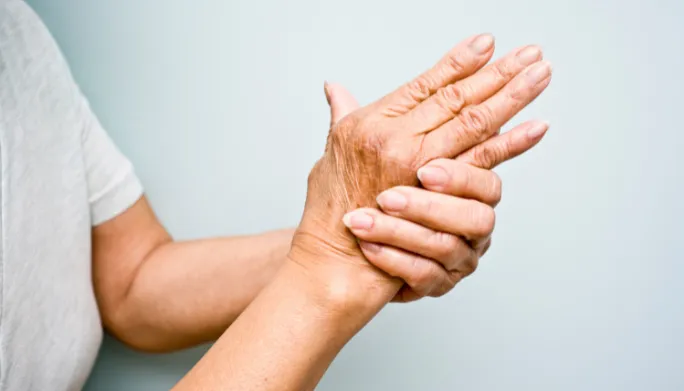Psoriatic arthritis affects both the skin and joints, creating a complex condition that requires comprehensive management strategies. While medical treatments remain central to managing this autoimmune condition, specific lifestyle modifications can significantly reduce symptom severity and improve quality of life. These changes address inflammation, joint mobility, and overall physical function through targeted approaches to diet, exercise, and daily habits.
Utilizing Dietary Modifications
Research shows that certain dietary patterns can either promote or reduce inflammation associated with psoriatic arthritis. Maintaining adequate hydration supports joint lubrication and helps flush inflammatory compounds from the body. Aim for eight to ten glasses of water daily, and limit alcohol consumption, which can interfere with medication effectiveness and increase inflammation.
Anti-inflammatory foods form the foundation of an optimal diet for managing symptoms. Fatty fish such as salmon, mackerel, and sardines contain omega-3 fatty acids that actively reduce inflammatory markers. Leafy greens like spinach and kale provide antioxidants that combat oxidative stress. Berries, particularly blueberries and cherries, contain compounds called anthocyanins that demonstrate anti-inflammatory properties.
Eliminating or reducing pro-inflammatory foods can produce noticeable improvements in joint pain and stiffness. Processed meats, refined sugars, and trans fats trigger inflammatory responses that worsen psoriatic arthritis symptoms. Many individuals also benefit from reducing gluten consumption, as some studies suggest connections between gluten sensitivity and increased inflammation in autoimmune conditions.
Implementing Physical Activity
Movement therapy plays a dual role in managing psoriatic arthritis by maintaining joint flexibility and reducing systemic inflammation. The key lies in selecting appropriate activities that strengthen muscles without placing excessive stress on affected joints. Flexibility and range-of-motion exercises prevent joint stiffness and maintain mobility. Gentle stretching routines, tai chi, and yoga can improve flexibility while promoting relaxation.
Low-impact cardiovascular exercise provides substantial benefits without aggravating joint symptoms. Swimming offers an ideal option because water buoyancy reduces joint pressure while providing resistance for muscle strengthening. Walking, cycling, and using elliptical machines also deliver cardiovascular benefits while minimizing joint impact.
Strength training helps maintain muscle mass around affected joints, providing better support and stability. Focus on exercises using resistance bands, light weights, or bodyweight movements. Start with short sessions and gradually increase intensity based on symptom response. Exercises targeting the core muscles prove particularly beneficial for spinal psoriatic arthritis.
Improving Sleep
Sleep quality directly affects immune function and inflammation regulation. Poor sleep increases inflammatory markers and can trigger psoriatic arthritis flares. Create a consistent sleep schedule by going to bed and waking at the same times daily. Keep your bedroom cool, dark, and quiet to promote deeper sleep cycles.
Sleep positioning matters for joint comfort. Side sleepers should place pillows between their knees to maintain spinal alignment, while back sleepers may benefit from a pillow under their knees to reduce lower back pressure. Replace old mattresses and pillows that no longer provide adequate support.
Social connections and support systems play protective roles against stress-induced inflammation. Joining support groups, either in-person or online, connects you with others who understand the challenges of living with psoriatic arthritis. These relationships provide emotional support and practical management strategies.
Learn More About Psoriatic Arthritis
The combination of dietary modifications, appropriate exercise, and stress management creates a comprehensive approach to symptom control. While these changes cannot replace medical treatment, they serve as powerful complementary strategies that can reduce reliance on medications and improve overall well-being. Working with healthcare professionals who understand both conventional treatment and lifestyle approaches provides the best foundation for successful long-term management.

